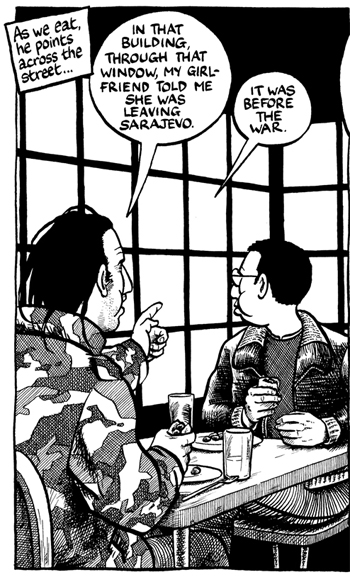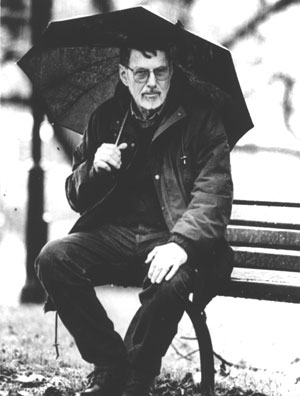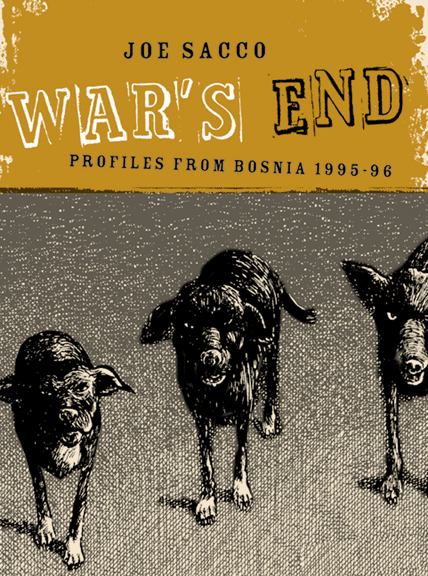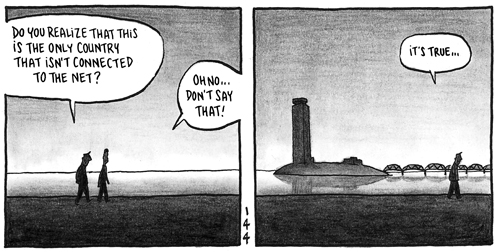The good news is, I couldn’t get in to Brunish Hall Sunday afternoon to see “Higher Ground” — it was sold out. Maybe you read about it here, on the front page of Monday’s Oregonian, in another of reporter Maya Blackmun’s continuing series on the off-again, on-again production of a play about middle-school bullying that Sherwood Middle School Principal Anna Pittioni deemed too hot for her tots to handle.
It would have been nice to see this sort-of happy ending, with all the cheers for the hard work of the student performers and tekkies and their drama teacher, Jennie Brown, who wrote the script that Principal Pittioni considered too mature for some of the school’s students to deal with. (The kids in the show argued that the script actually watered down everyday reality in the halls of the Sherwood school, a typical sort of place in a typical sort of town, and, you could further argue, a reality that the typical young teen enrolled in the school is already all too familiar with.) But if I’d gotten in, someone else would have been left out (lots of us were turned away at the door), and isn’t that what every producer wants: a sold-out show?
So everybody won, and everything turned out great, right?
Well, no — and it’s important to remember that.

 That’s Joe Sacco, to the right, looking out of the window in a restaurant in the old part of Sarajevo. As usual he is passive — listening to the stories that other people tell him, observing life around him and presumably taking notes, though in this frame, he doesn’t seem to have a notebook with him. He looks a lot like a — journalist. Oh. There’s no drawing pad, either. And that’s what usually separates him from other journalists: He is recording conversations,
That’s Joe Sacco, to the right, looking out of the window in a restaurant in the old part of Sarajevo. As usual he is passive — listening to the stories that other people tell him, observing life around him and presumably taking notes, though in this frame, he doesn’t seem to have a notebook with him. He looks a lot like a — journalist. Oh. There’s no drawing pad, either. And that’s what usually separates him from other journalists: He is recording conversations, The rhyme is after
The rhyme is after

 Except that maybe we’ve read Blankets, and we’re pretty sure that Craig is not going to be able to give himself over to that sort of thing. And in fact, Craig is unhappy for a lot of Carnet. He counts the ways: he’s homesick, he misses his ex-girlfriend profoundly, she’s quite ill, he’s lonely, everything reminds him of her, he’s lonely, his hand hurts from so much drawing. Did we mention he’s lonely? His internal struggles spill out into the frames and pages of his notebook, enveloping them in fog of gloom. Morocco, near the beginning of the trip, is especially difficult, primarily because he doesn’t know anyone, doesn’t understand the culture very well and plunges into the worst melancholy of the trip.
Except that maybe we’ve read Blankets, and we’re pretty sure that Craig is not going to be able to give himself over to that sort of thing. And in fact, Craig is unhappy for a lot of Carnet. He counts the ways: he’s homesick, he misses his ex-girlfriend profoundly, she’s quite ill, he’s lonely, everything reminds him of her, he’s lonely, his hand hurts from so much drawing. Did we mention he’s lonely? His internal struggles spill out into the frames and pages of his notebook, enveloping them in fog of gloom. Morocco, near the beginning of the trip, is especially difficult, primarily because he doesn’t know anyone, doesn’t understand the culture very well and plunges into the worst melancholy of the trip.